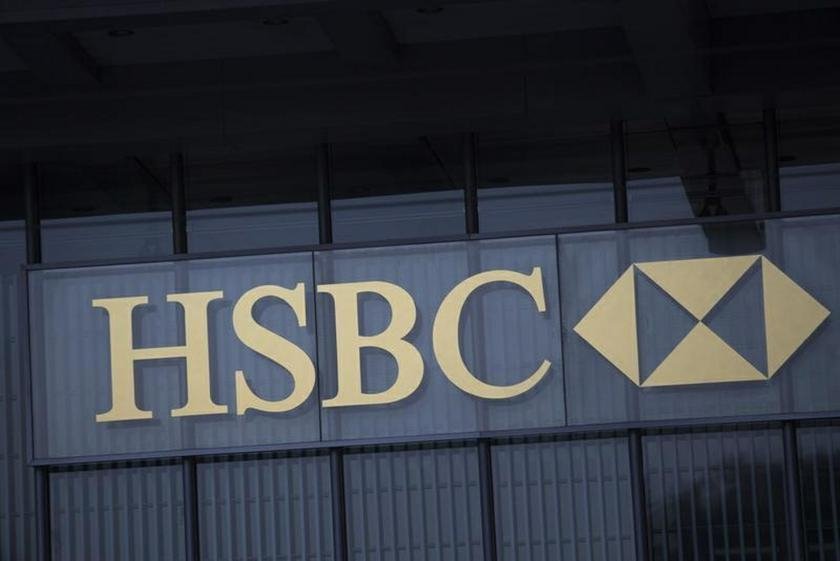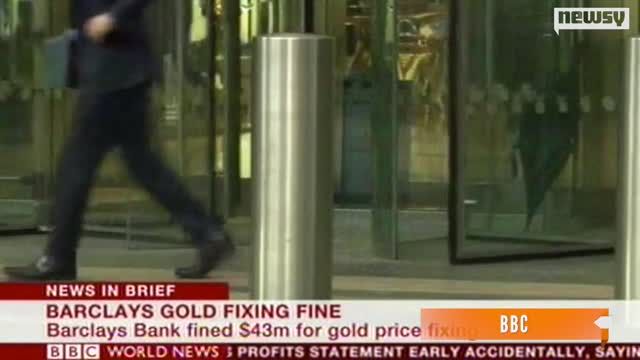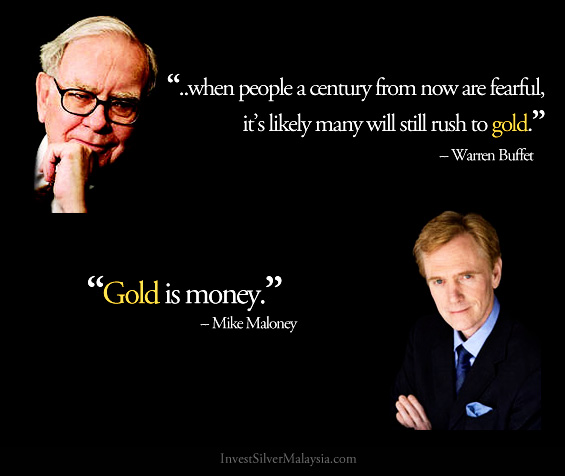
‘Buy oil, not gold’ … Oil is a better bet for investors than gold, a leading fund manager has said. The gold price peaked at about $1,900 in August last year, but is currently at about $1,625…Trevor Greetham, portfolio manager of Fidelity’s multi-asset funds, said gold did better when the dollar was weak and global growth was slowing. “A US-led global upswing could see neither condition hold true,” he added. Gold was also becoming less attractive within the commodity asset class, Mr Greetham added. He said oil was “a much better hedge against geopolitical shocks”, particularly when there were tensions in the Middle East. – UK Telegraph
Dominant Social Theme: Gold … You can’t eat it.
Free-Market Analysis: We have been covering an upsurge in articles about the “gold bubble” of late. We checked online at Google and in the last 24 hours there have been over 200 articles including the words “gold bubble.”
Surprisingly, many of the articles are anti-gold bubble – as in the sense that one doesn’t yet exist. But amongmainstream media publications, it is an article of faith that a gold bubble is likely part of the economic landscape. This is borne out by articles like this one, excerpted above.
The power elite that wants to run the world obviously wishes to discourage the ownership of precious metals, and the financial industry is positioned constantly to promote paper products as a result. Fund managers, brokers, even private hedge fund managers, all have a bias toward paper instruments.
Unfortunately for the elites and the financial industry they control, this effort has not been very effective in the past decade. Gold and silver have risen nearly tenfold, outshining the paper investments that elites support.
It is not a short-term effort to be sure, and the elites are not giving up on this meme anytime soon. They’ve spent the past century building up central banking. The top dynastic families, those that apparently control 150 or so central banks around the world, use monopoly fiat money to drive their quest for global government and they depend on paper monopoly fiat for most of the enormous power they wield.
They regularly use dominant social themes – fear-based promotions – to talk down gold. These memes are distributed via think tanks, universities and the mainstream media itself.
The “gold as a barbarous relic” is also accompanied by action. There is an enormous amount of manipulation in the gold and silver market, most of it on the downside. The pressures leveled at gold and silver have retarded price growth.
There are some who say gold would be at US$5,000 by now were it not for so much manipulation. Of course, there is some doubt as to whether gold and silver will reach a price apex given the power elite’s hostility to precious metals.
The elites have at various times hinted that a renewed statist gold standard would be attempted, or more likely a new global paper currency based on the IMF‘s SDRs. From our point of view of course, a private market in money would be ideal, one in which all sorts of money competed for acceptance including gold and silver.
This may happen, ih fact, if the world’s economy continues to degrade into some sort of uncontrollable chaos. But the elites are a long way from surrendering their control, or promotions. This article in the UK Telegraph is indicative of what’s going on. The fall in the price of gold from US$2000 approximately to US$1600 has predictably brought out the naysayers when it comes to the yellow metal. Here’s some more from the article:
“The dollar has been strong in recent months as the likelihood of additional Fed QE [quantitative easing] has fallen,” the manager said. “Meanwhile, the sovereign debt crisis is hurting the euro and the likes of the Bank of Japan and the Swiss National Bank are implementing policies designed to weaken their currencies.” …
Gold enjoyed a spectacular bull run until last summer, attracting investors worried that paper currencies would lose value as governments printed money in a bid to restart their stalled economies. The fear of economic meltdown during the depths of the eurozone debt crisis prompted many to seek gold as a safe haven, its traditional role in troubled times.
But more recently the euro crisis has eased and signs of recovery have made further QE less likely. The gold price peaked at about $1,900 in August last year, but is currently at about $1,625, a fall of about 1.3pc compared with Tuesday. Shares in gold mining companies also fell sharply.
We have recently written two articles on how the mainstream media simply refuses to acknowledge that markets move within the context of a Misesian business cycle. The cycle moves from the elite’s artificial monopoly fiat money and then back to gold and silver.
For articles about gold, silver and the business cycle, just Google these terms and add “Daily Bell.” There are plenty of them. We began predicting a bull market in gold and silver in 2000 and our track record is thus fairly good. We figure the bull market in precious metals will end with a blow off in the next few years, if it gets that far and the elites don’t do something drastic to derail it.
Meanwhile, we shall have these mainstream anti-gold articles. Oil has nothing to do with the larger business cycle now taking place. Sure, oil may go up if there is a war in the Mideast, but that is looking less likely at the moment. And this analysis ignores the business cycle itself.
In the 1970s and now in the 2000s, the larger Western economy has been held in the grip of a bull market in gold and silver. The idea that a long-term bull market can be derailed by price fluctuations is somewhat dubious to us if one accepts the larger cyclical paradigm.
As we regularly point out, during these metals bull makets, physical is bid up first and then paper, and finally junior mining stocks during the climatic blow off. The gold/silver ratio closes too.
We’re not guaranteeing it will work this way this time round. But it surely happened like this in the 1970s and the last decade has seemingly proven predictable as well. There are no certainties in a free market, but the point is, we’d suggest, that world economies are NOT free and thus tend to operate in predictable ways.
As far as oil goes, we’d agree it could travel upwards far and fast if the elite’s scarcity manipulations continue and if the drums of war are banged loudly enough. Thus, this fund manager is arguing for oil based on a variety of geopolitical factors. He is certainly not making a case for oil based on the larger monetary economics in play.
Conclusion: Gold and silver are money, and have been so for thousands of years. The comparison between gold and oil is a false one. This fund manager, if he is sincere, should know better. At least he should have explained it better. We think we know why he didn’t.






